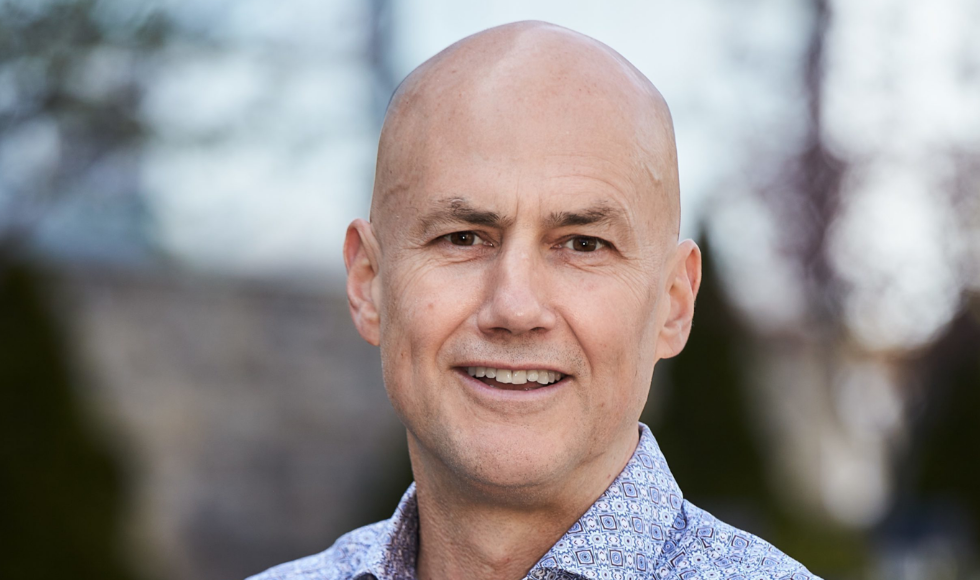New clinical trial aims to reduce unacceptably high advanced HIV death rates

McMaster University researcher John Eikelboom, co-lead of the REVIVE study, says addressing HIV is an urgent international priority.
February 29, 2024
A new trial will test a low-cost antibiotic in reducing deaths among 8,000 patients with advanced HIV who are starting or restarting anti-retroviral therapy (ART), a combination of drugs to treat HIV.
The study, called REVIVE, is funded by the Bill & Melinda Gates Foundation and involves a pan-African network of investigators, co-led by researchers at the University of Cape Town (UCT) and the Population Health Research Institute (PHRI), a joint institute of McMaster University and Hamilton Health Sciences. This trial aims to determine whether the antibiotic azithromycin, when taken once daily over four weeks, can reduce death in adults with advanced HIV.
“If azithromycin is shown to be effective, it will modify the standard of care for patients with advanced HIV in Africa,” said Sean Wasserman, co-principal investigator of the study based at St. George’s, University of London, and adjunct associate professor at the University of Cape Town.
“This large clinical trial will contribute important knowledge that we hope will translate into improved care for people with advanced HIV disease.”
HIV-related illnesses cause an estimated 630,000 deaths each year, with the majority occurring in sub-Saharan Africa.
“With HIV persisting as one of the top five causes of mortality in Africa, addressing this issue remains an urgent international priority,” said John Eikelboom, co-PI of the study and a senior scientist at PHRI.
Graeme Meintjes, chair of the trial steering committee and professor of Infectious Diseases at the University of Cape Town, adds that “undetected bacterial infections are a leading contributor to this high mortality and broader antibiotic prophylaxis could potentially reduce this and therefore save lives,” emphasizing the study’s significance.
The study will span over 100 sites across a growing number of countries in Africa: Botswana, Ethiopia, Ghana, Ivory Coast, Malawi, Nigeria, Republic of the Congo, Rwanda, Sierra Leone, South Africa, Tanzania, Uganda, and Zambia, with more to be added. Over 330 patients have already been enrolled at six sites across three countries.
Despite the increased availability of ART for individuals with HIV in Africa, many people start or resume treatment only after the disease has progressed to an advanced stage.
An earlier trial demonstrated that a package of enhanced preventative treatment, provided at the time ART is started or restarted which includes five days of the antibiotic azithromycin reduces mortality by 27 per cent at 24 weeks among patients with advanced HIV in Africa.
Given the safety and accessibility of azithromycin as a drug, plus a strong possibility that it may prevent early deaths, the World Health Organization has prioritised research for “approaches to antibiotic therapy within a public health approach, and specifically, the independent effect of short-course azithromycin on mortality” in patients with advanced HIV.
“The REVIVE trial aims to identify an effective and implementable public health strategy to reduce the unacceptably high early mortality experienced by people with advanced HIV and will establish a pan-African network for future research to improve care for this population,” Wasserman said.


